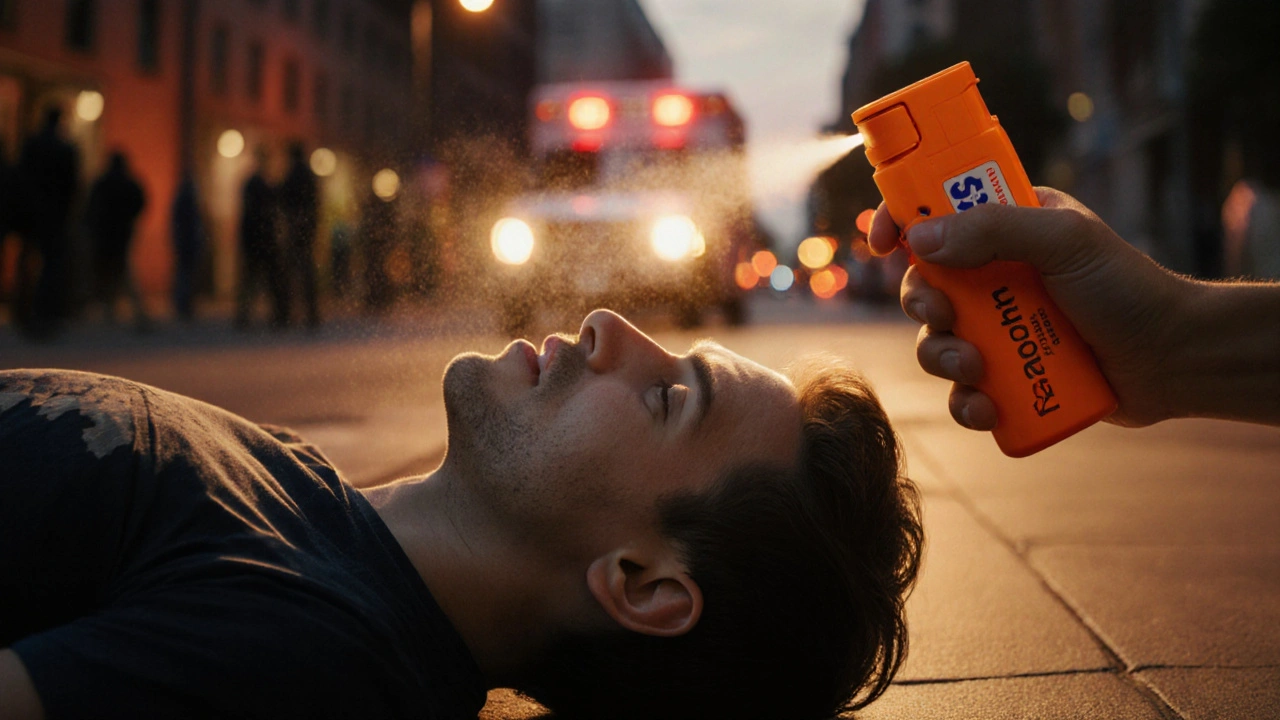Opioid Addiction – Understanding the Crisis and Paths to Recovery
When talking about opioid addiction, a chronic, relapsing brain disease marked by compulsive drug seeking and use despite harmful consequences. Also known as opioid use disorder, it affects millions worldwide and cuts across ages, occupations and regions. The condition isn’t just about craving a high; it blends physical dependence, psychological triggers and social factors into a complex health challenge. Recognizing this, clinicians turn to medication‑assisted treatment, a proven approach that combines medication, counseling and behavioral therapies to restore balance and reduce relapse risk. In short, opioid addiction is more than a habit – it’s a medical issue that demands comprehensive care.
Key Elements Shaping Opioid Addiction and Recovery
One of the toughest hurdles is withdrawal management, where sudden cessation triggers symptoms ranging from muscle aches to severe anxiety. Properly supervised detox eases these effects and prepares the body for long‑term treatment. Another urgent concern is overdose prevention, because opioid misuse significantly raises the risk of fatal respiratory depression. Tools like naloxone kits and community education can save lives while harm‑reduction strategies—clean needle programs, safe consumption sites—lower the spread of infection and encourage people to seek help. Together, these components create a safety net: withdrawal management eases the transition, overdose prevention offers immediate protection, and harm‑reduction approaches improve overall health outcomes.
Understanding how these pieces fit helps you navigate the maze of resources available today. Below you’ll find a curated set of articles that dive deeper into each topic—whether you’re looking for practical tips on medication‑assisted options, guidance on managing withdrawal symptoms, or strategies to prevent overdose. This collection is designed to give you clear, actionable information so you can make informed decisions on the road to recovery.
Why Naloxone Is Crucial in the Fight Against Opioid Addiction
Explore why naloxone is essential for reversing opioid overdoses, reducing deaths, and linking victims to treatment, with practical steps for community distribution and policy support.
Read





